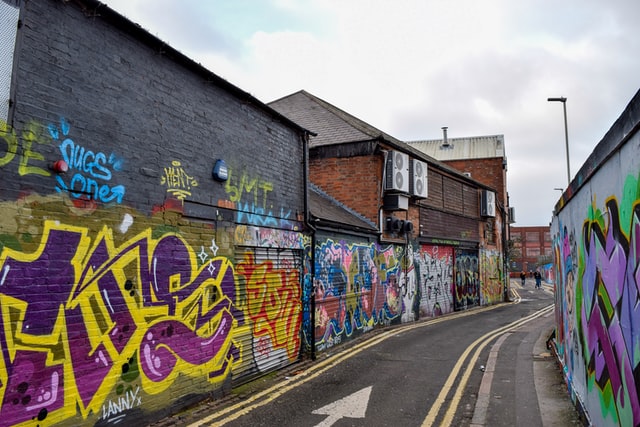Pay attention to the Leicester flare-up in coronavirus cases. Both the reasons for the surge in infections and the response.
Three reasons are under consideration in order to explain the 658 coronavirus cases in the Leicester area in the fortnight to 16 June.
First, the city’s food production industry. The East Midlands’ largest city has a concentration of factories that make sausages, pies, sandwiches, desserts, crisps, snacks, biscuits and Indian food for the rest of the country. There’s Pukka Pies, sandwich-maker Samworth Brothers, crisps giant Walkers, United Biscuits, dog food producer Masterfoods and at least 15 major Indian food manufacturers such as Mayur Foods, Cofresh, Farsan and Apni Roti.

According to Lawrence Young, professor of molecular oncology at Warwick University, the damp, cold indoor conditions required for food production plants are considered “perfect environments” for viral spread.
Second, Leicester’s large Asian population, which often lives in multigenerational households. According to the 2011 Census of England and Wales, Leicester is home to the largest Indian population in the country. Roughly 28% of Leicester’s population is of Indian ethnicity and a further 21% are from black or other Asian backgrounds. People of South Asian heritage are regarded as more at risk from covid-19 disease than other ethnicities.
Third, recent reports of large gatherings outside takeaway restaurants in Leicester, according to The Sunday Times. This raises an issue articulated by Leicester resident and covid-survivor Kully Singh Sidki in a recent BBC interview. Sidki said shops in the city should be closed and that “more education targeted at the black and Asian community is needed”. Does that suggest Leicester’s Asian and black residents are not taking the pandemic seriously enough?
The official response to Leicester’s rising caseload is significant both in terms of what is proposed and the route to its implementation.
The government is preparing to impose a local lockdown on Leicester, the first in the country. On Sunday, home secretary Priti Patel said “it’s right” for local flare-ups to be controlled by means of “a localised solution”.
What’s surprising though is how long it’s taking to actually lock Leicester down.
The city’s mayor, Sir Peter Soulsby, has said there is “no immediate prospect” of a lock-down. According to reports, the government won’t take action at least until the middle of the week.
But Claudia Webbe, who represents Leicester East in parliament, says she is “alarmed at the rise in the figures” and that a lock-down is essential because the constituency is beset by a “perfect storm” of poverty, positive tests and higher ethnic diversity.
I don’t know why they’re not enforcing a lock-down…the evidence suggests there should be one.
Claudia Webbe, Member of Parliament for Leicester East
If there’s any lesson that the coronavirus crisis has taught us, it is about the importance of speedy and strategic decision-making.
For Britain, strategic government action is crucial, even as experts warn of a second, possibly even more intense wave of infections. Jeremy Farrar, director of the health research charity the Wellcome Trust director, has expressed concern that Britain is headed for a “very nasty rebound” in coronavirus cases.
This is why it matters how — and more crucially, when — the government helps Leicester to help itself.


